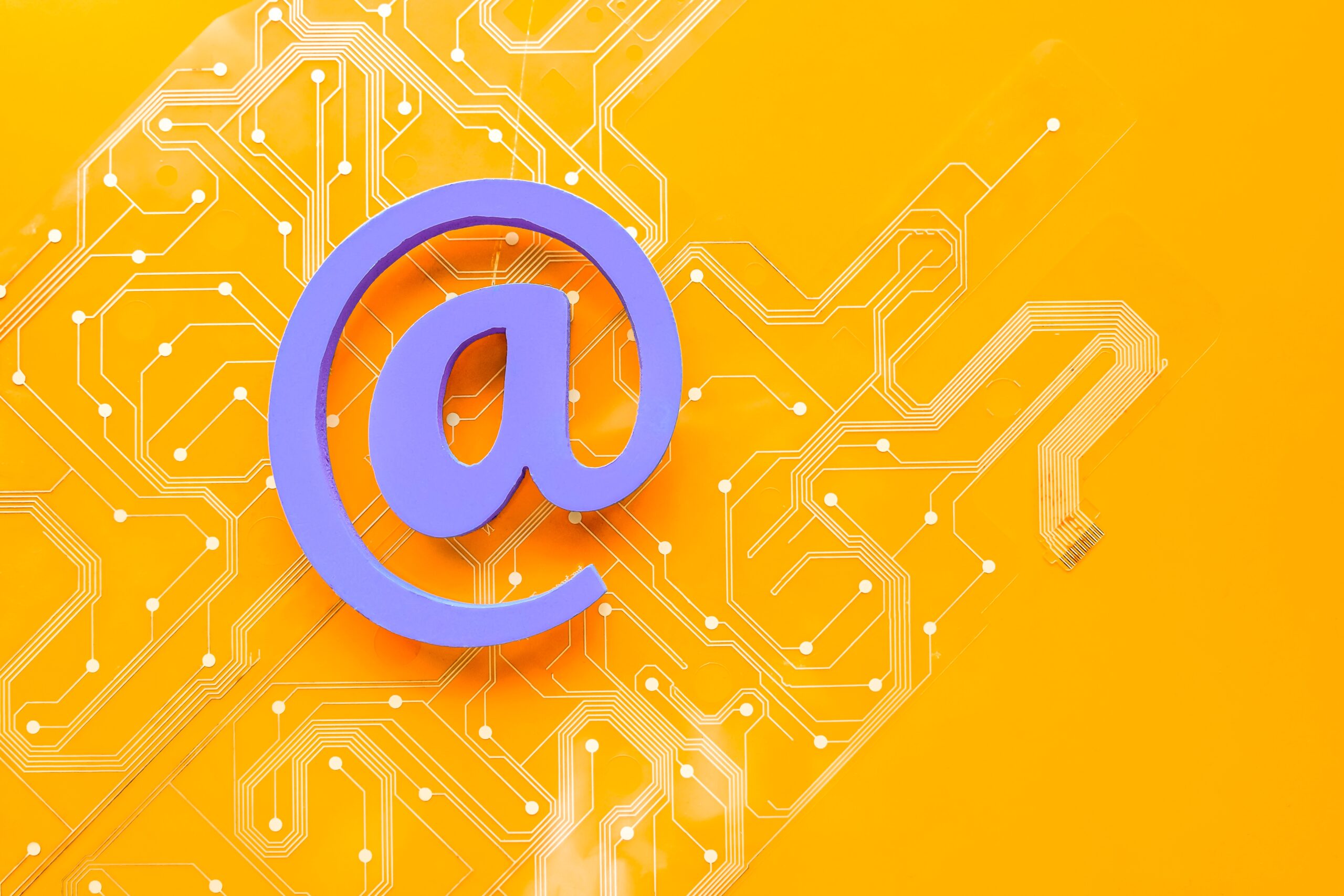Unplug and Take Charge: How to Tame the Social Media Beast
Excerpt: Are you constantly glued to your phone, scrolling endlessly through social media feeds? It’s time to break free from the grips of social media addiction. In this article, we’ll explore practical techniques and powerful insights for how to control social media addiction, foster a healthier relationship with technology, and find balance in a hyperconnected world.
In today’s digital age, social media has become an integral part of our lives. It offers a platform to connect with friends, share experiences, and stay informed about the world. However, excessive use of social media can lead to addiction, negatively impacting our mental health, productivity, and overall well-being. If you find yourself compulsively checking notifications, mindlessly scrolling, and feeling anxious when separated from your device, it’s time to take control of your social media habits and establish a healthier relationship with technology.
Understanding Social Media Addiction
Before diving into strategies for controlling social media addiction, let’s first understand what it entails. Social media addiction is a behavioral disorder characterized by excessive use of social networking platforms to the point where it interferes with daily life and responsibilities. Here are some key signs and symptoms:
- Compulsive Checking: Do you find yourself reflexively reaching for your phone to check social media, even in the middle of a conversation or important task?
- Loss of Time: Hours pass by without your awareness as you get sucked into an endless scrolling loop.
- Withdrawal Symptoms: Anxiety, irritability, and restlessness when unable to access social media for a period of time.
- Neglecting Responsibilities: Prioritizing social media over work, relationships, or personal obligations.
- Impact on Well-being: Feeling inadequate or envious due to comparing oneself to others, experiencing a decline in self-esteem, or suffering from FOMO (fear of missing out).
Effects of social media addiction
Social media addiction has become an increasingly prevalent concern in today’s digital age, social media addiction effects on individuals and society as a whole. One of the most significant impacts is on mental health, as excessive use of social media platforms has been linked to feelings of anxiety, depression, and loneliness. The constant comparison to curated online personas can erode self-esteem and lead to a distorted sense of reality.
Additionally, prolonged screen time and disrupted sleep patterns due to late-night scrolling can contribute to physical health issues. Social media addiction can also strain real-life relationships, as individuals may prioritize virtual interactions over face-to-face connections. Moreover, the constant influx of information and notifications can lead to decreased productivity and difficulty in focusing on tasks.
Recognizing these effects is crucial in fostering a balanced and healthy relationship with social media in order to mitigate its potential negative consequences.
Addiction social media statistics
Social media addiction has become an increasingly prevalent concern in today’s digital age, with far-reaching effects on individuals and society as a whole. Consider these eye-opening addiction social media statistics:
- Usage Frequency: A study by the Pew Research Center found that 72% of adults in the United States use social media, with 70% engaging with it daily. This high level of usage raises concerns about potential addiction.
- Youth Impact: According to a survey conducted by Common Sense Media, 50% of teenagers in the US feel addicted to their mobile devices, with social media being a significant contributor.
- Screen Time Surge: The GlobalWebIndex reports that the average person spends around 2 hours and 24 minutes per day on social media platforms. This cumulative screen time can contribute to addiction-related issues.
- Fear of Missing Out (FOMO): A survey by the Royal Society for Public Health (RSPH) revealed that 70% of young people in the UK are concerned about missing out on something if they don’t check social media regularly, indicating a potential addictive behavior pattern.
- Mental Health Impact: The American Academy of Pediatrics highlights that excessive social media use is linked to higher rates of anxiety, depression, and other mental health issues among adolescents.
- Notifications and Dopamine: Research published in the journal “Computers in Human Behavior” indicates that the anticipation of notifications and the release of dopamine when receiving likes and comments can contribute to addictive behavior.
- Self-Control Challenges: A study published in the “Journal of Behavioral Addictions” found that individuals with lower self-control are more likely to develop addictive behaviors related to social media use.
Recognizing these statistics underscores the importance of addressing social media addiction and promoting a healthier balance between online engagement and real-life interactions.
Unplugging to Regain Control
Now that we have a grasp of the problem, it’s time to take action. Here are practical solution for addiction to social media:
1. Set Clear Boundaries
Establishing boundaries is crucial to regain control over your social media usage. Consider the following:
- Designate specific times for checking social media and stick to them.
- Create “no-phone zones” or “phone-free” periods, such as during meals, family time, or before bed.
- Disable non-essential notifications to minimize distractions.
- Implement the “20-20-20” rule: Every 20 minutes, take a 20-second break to look at something 20 feet away. This helps reduce eye strain and break the cycle of mindless scrolling.
2. Practice Mindful Engagement
Instead of mindlessly scrolling, strive for mindful engagement with social media. Try these approaches:
- Ask yourself why you’re opening a social media app. Is it to connect with friends, find information, or pass the time?
- Limit your social media use to specific purposes and avoid aimless browsing.
- Engage actively by commenting, sharing meaningful content, or connecting with like-minded individuals.
- Be aware of your emotions while using social media. If you feel negative emotions surfacing, it might be time to take a break.
3. Curate Your Digital Environment
Take control of your social media feeds by curating them to align with your values and interests:
- Unfollow accounts that trigger negative emotions or lead to comparison.
- Follow accounts that inspire and educate you in areas of your interest.
- Utilize content filtering features to prioritize posts from close friends or meaningful connections.
- Explore alternatives to mainstream social media platforms, such as niche communities or interest-based forums, which offer a more focused and intentional experience.
4. Find Offline Alternatives
Replace excessive social media use with offline activities that bring joy, personal growth, and fulfillment:
- Pursue hobbies or creative endeavors that captivate your interest.
- Engage in physical activities or sports to stay active and improve overall well-being.
- Spend quality time with loved ones, nurturing relationships in the real world.
- Read books, listen to podcasts, or attend workshops on topics of interest to broaden your horizons.
FAQs About Social Media Addiction
Q1: Is social media addiction a real thing?
Yes, social media addiction is a recognized behavioral disorder that can have significant impacts on mental health and overall well-being. It’s important to be mindful of our social media usage and take steps to control it.
Q2: Can I completely quit social media to overcome addiction?
While quitting social media entirely is an option for some, it might not be practical or necessary for everyone. The goal is to find a healthy balance that allows you to use social media in a mindful and controlled manner.
Q3: Are there apps to help track and limit social media usage?
Yes, several apps are available that help monitor and limit social media usage by setting daily time limits, providing usage reports, and offering reminders to take breaks.
Conclusion: Taking Charge of Your Digital Well-being
In a world dominated by social media, regaining control over your digital life is essential. By setting clear boundaries, practicing mindful engagement, curating your digital environment, and finding offline alternatives, you can break free from the clutches of social media addiction. Remember, it’s not about eliminating social media from your life entirely but rather establishing a healthy relationship that allows you to connect, learn, and grow while maintaining your mental well-being.





